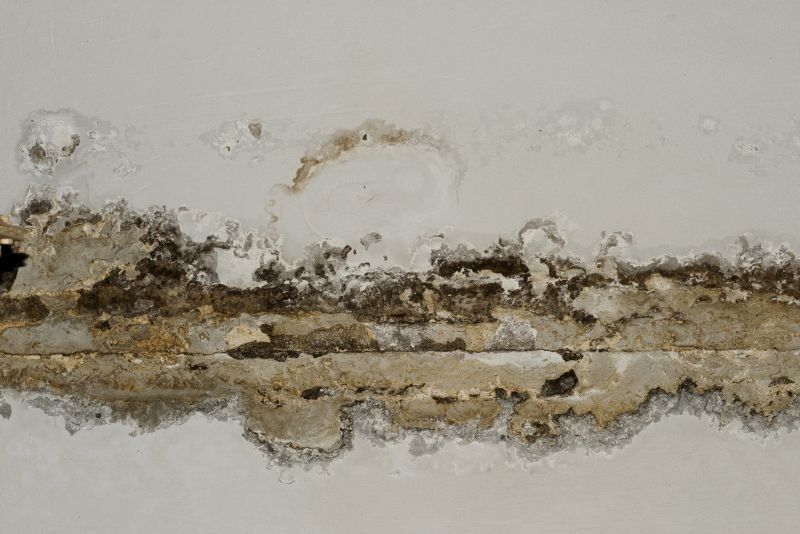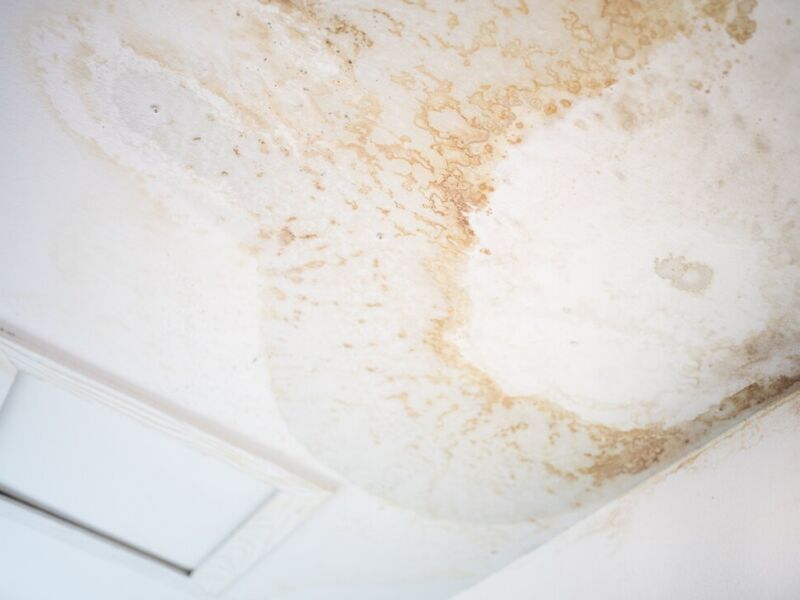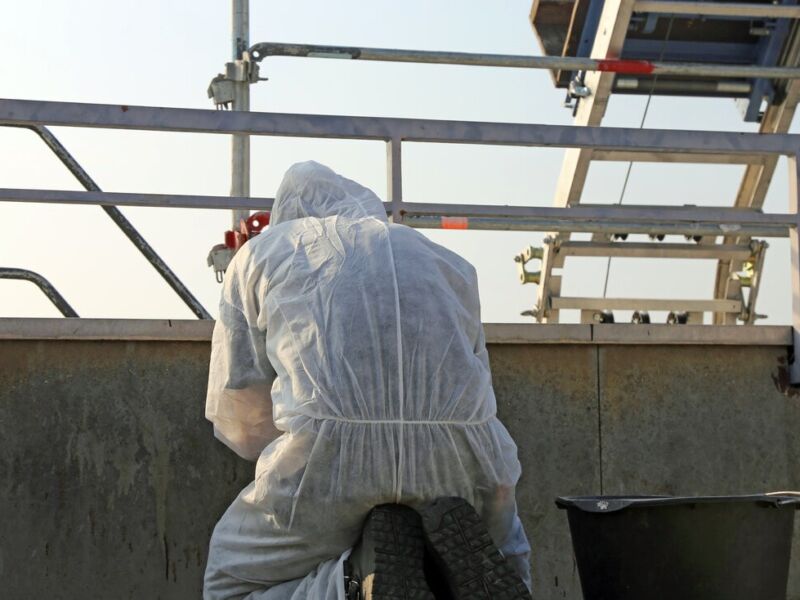
Introduction
Water damage is a common and often costly problem that can occur in residential and commercial properties. Whether it is due to natural disasters, plumbing issues, or other causes, water damage can lead to structural problems, mold growth, and damage to personal belongings. Understanding the common causes of water damage and implementing prevention strategies is crucial in protecting your property and minimizing the risk of extensive damage. In this article, we will explore the main causes of water damage and provide in-depth information on how to prevent them.
1. Plumbing Issues
Plumbing issues are one of the leading causes of water damage in residential and commercial properties. Leaking pipes, burst pipes, and faulty plumbing fixtures can result in water leakage and significant damage. Regular inspections, maintenance, and prompt repairs are essential to prevent plumbing-related water damage. It is also important to know the location of your main water shutoff valve in case of emergencies.
2. Natural Disasters
Natural disasters such as floods, hurricanes, and heavy rainstorms can cause severe water damage to properties. During these events, water can enter homes and buildings through windows, doors, and cracks in the foundation. Installing proper drainage systems, sealing openings, and elevating vulnerable areas can help minimize the risk of water damage during natural disasters.

3. Faulty Appliances and Equipment
Malfunctioning appliances such as dishwashers, washing machines, and water heaters can cause water damage if not properly maintained or if there is a mechanical failure. Regularly inspecting these appliances, replacing worn-out parts, and addressing any leaks or unusual noises can help prevent water damage. It is also important to hire qualified professionals for installation and maintenance.
4. Roof Leaks
Roof leaks can result in water damage if not detected and repaired promptly. Damaged or missing shingles, cracked flashing, and clogged gutters can all contribute to roof leaks. Regularly inspecting your roof, cleaning gutters, and addressing any signs of damage can help prevent water from entering your property.
5. Poor Drainage and Landscape Grading
Inadequate drainage systems and improper landscape grading can lead to water pooling around the foundation of a property. This can cause water to seep into the basement or crawl space, resulting in water damage. Ensuring proper grading, maintaining gutters and downspouts, and installing drainage systems can help redirect water away from your property.
6. HVAC System Issues
Issues with heating, ventilation, and air conditioning (HVAC) systems can also contribute to water damage. Clogged condensate lines, malfunctioning pumps, and improper installation can result in water leaks and damage to your property. Regular maintenance and inspections of your HVAC system can help detect and prevent potential issues.
Preventive Measures for Water Damage
To minimize the risk of water damage, it is important to implement preventive measures. Here are some effective strategies:

Regular Inspections and Maintenance
Regularly inspecting and maintaining your plumbing system, appliances, roof, and HVAC system can help identify potential issues early on and prevent water damage.
Proper Drainage Systems
Ensuring proper landscape grading, installing gutter systems, and using downspout extensions can help redirect water away from your property and prevent water damage.
Proper Installation and Repairs
Hiring qualified professionals for appliance installation, plumbing repairs, and roof repairs can help ensure proper installation and minimize the risk of water damage.
Be Prepared for Natural Disasters
Being prepared for natural disasters includes having an emergency plan, installing flood barriers or flood-resistant materials, and knowing how to shut off utilities.
Monitor Water Usage
Regularly monitor your water bill for any sudden increases, as it may indicate a hidden water leak. Additionally, addressing any minor leaks or drips promptly can prevent water waste and potential water damage.
Conclusion
Water damage is a significant and costly problem that can occur in various properties. Understanding the common causes of water damage and implementing preventive measures is crucial in protecting your property and minimizing the risk of extensive damage. Regular inspections, maintenance, and prompt repairs can go a long way in preventing water damage. By taking proactive steps, you can safeguard your property and ensure the longevity of your home or business.
FAQs
What are the common causes of water damage?
How can I prevent water damage in my property?
Important Facts and Statistics About Water Damage
- 10% of households waste over 90 gallons of water each day through minor leaks and drips. Fixing these drips can represent an average of 10% savings on your water bill. (source)
- Homes in the United States leak over one trillion gallons of water every year. (source)
- The first 24 to 48 hours are critical after a flood as mold and other microorganisms can begin growing and thriving in that time. (source)


